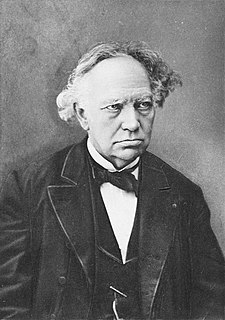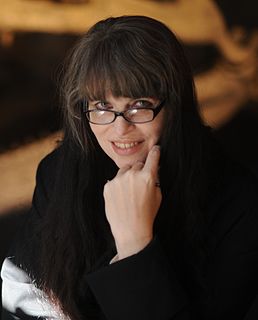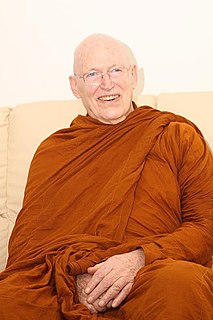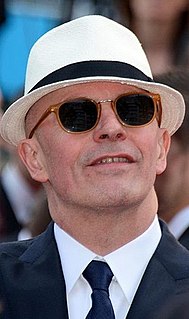A Quote by Charles Hermite
I believe that numbers and functions of Analysis are not the arbitrary result of our minds; I think that they exist outside of us, with the same character of necessity as the things of objective reality, and we meet them or discover them, and study them, as do the physicists, the chemists and the zoologists.
Related Quotes
When chemists have brought their knowledge out of their special laboratories into the laboratory of the world, where chemical combinations are and have been through all time going on in such vast proportions,-when physicists study the laws of moisture, of clouds and storms, in past periods as well as in the present,-when, in short, geologists and zoologists are chemists and physicists, and vice versa,-then we shall learn more of the changes the world has undergone than is possible now that they are separately studied.
No story has a beginning, and no story has an end. Beginnings and endings may be conceived to serve a purpose, to serve a momentary and transient intent, but they are, in their fundamental nature, arbitrary and exist solely as a convenient construct in the minds of man. Lives are messy, and when we set out to relate them, or parts of them, we cannot ever discern precise and objective moments when any given event began. All beginnings are arbitrary.
Of course we believe these things. We believe in social security. We believe in work for the unemployed. We believe in saving homes. Cross our hearts and hope to die! We believe in all these things. But we do not like the way that the present administration is doing them. Just turn them over to us. We will do all of them, we will do more of them, we will do them better and, most important of all, the doing of them will not cost anybody anything!
Chemists are, on the whole, like physicists, only 'less so'.They don't make quite the same wonderful mistakes, and much what they do is an art, related to cooking, instead of a true science. They have their moments, and their sources of legitimate pride. They don't split atoms, as the physicists do. They join them together, and a very praiseworthy activity that is.
By the study of their biographies, we receive each man as a guest into our minds, and we seem to understand their character as the result of a personal acquaintance, because we have obtained from their acts the best and most important means of forming an opinion about them. "What greater pleasure could'st thou gain than this?" What more valuable for the elevation of our own character?
It is quite true that many scientists, many physicists, maintain that the physical constants, the half dozen or so numbers that physicists have to simply assume in order to derive the rest of their understanding ... have to be assumed. You can't provide a rationale for why those numbers are there. Physicists have calculated that if any of these numbers was a little bit different, the universe as we know it wouldn't exist.
Now, since our condition accommodates things to itself, and transforms them according to itself, we no longer know things in their reality; for nothing comes to us that is not altered and falsified by our Senses. When the compass, the square, and the rule are untrue, all the calculations drawn from them, all the buildings erected by their measure, are of necessity also defective and out of plumb. The uncertainty of our senses renders uncertain everything that they produce.
The study of the properties of numbers, Plato tells us, habituates the mind to the contemplation of pure truth, and raises us above the material universe. He would have his disciples apply themselves to this study, not that they may be able to buy or sell, not that they may qualify themselves to be shopkeepers or travelling merchants, but that they may learn to withdraw their minds from the ever-shifting spectacle of this visible and tangible world, and to fix them on the immutable essences of things.
There are things we never tell anyone. We want to but we can't. So we write them down. Or we paint them. Or we sing about them. It's our only option. To remember. To attempt to discover the truth. Sometimes we do it to stay alive. These things, they live inside of us. They are the secrets we stash in our pockets and the weapons we carry like guns across our backs. And in the end we have to decide for ourselves when these things are worth fighting for, and when it's time to throw in the towel.
We buy things. We wear them or put them on our walls, or sit on them, but anyone who wants to can take them away from us. Or break them.
...
Long after he's dead, someone else will own those stupid little boxes, and then someone after him, just as someone owned them before he did. But no one ever thinks of that: objects survive us and go on living. It's stupid to believe we own them. And it's sinful for them to be so important.
Contradictions have always existed in the soul of [individuals]. But it is only when we prefer analysis to silence that they become a constant and insoluble problem. We are not meant to resolve all contradictions but to live with them and rise above them and see them in the light of exterior and objective values which make them trivial by comparison.







































